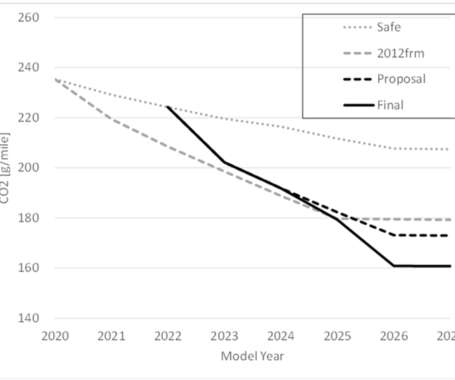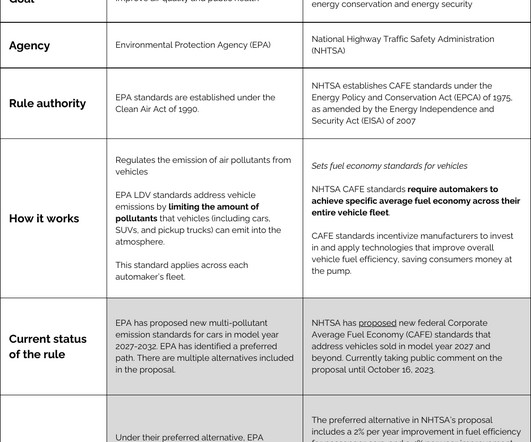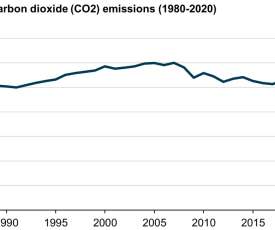EIA expects 7% increase in US energy-sector CO2 emissions as economic activity increases during 2021
Green Car Congress
AUGUST 11, 2021
Increased economic activity and a changing fuel mix in the electric power sector in 2021 will lead to a significant increase in energy-related carbon dioxide emissions this year, according to the US Energy Information Administration’s (EIA) August Short-Term Energy Outlook (STEO). Gasoline prices averaged $3.14









































Let's personalize your content